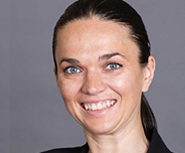
FIN 4410: Financial Planning and Analysis
Gain advanced understanding of financial decision-making tools critical for managing capital structure, cost of capital, working capital management, long- and short-term financial planning, and business valuation.
Receive an introduction to basic issues related to corporate events, such as mergers and acquisitions and initial public offerings.















